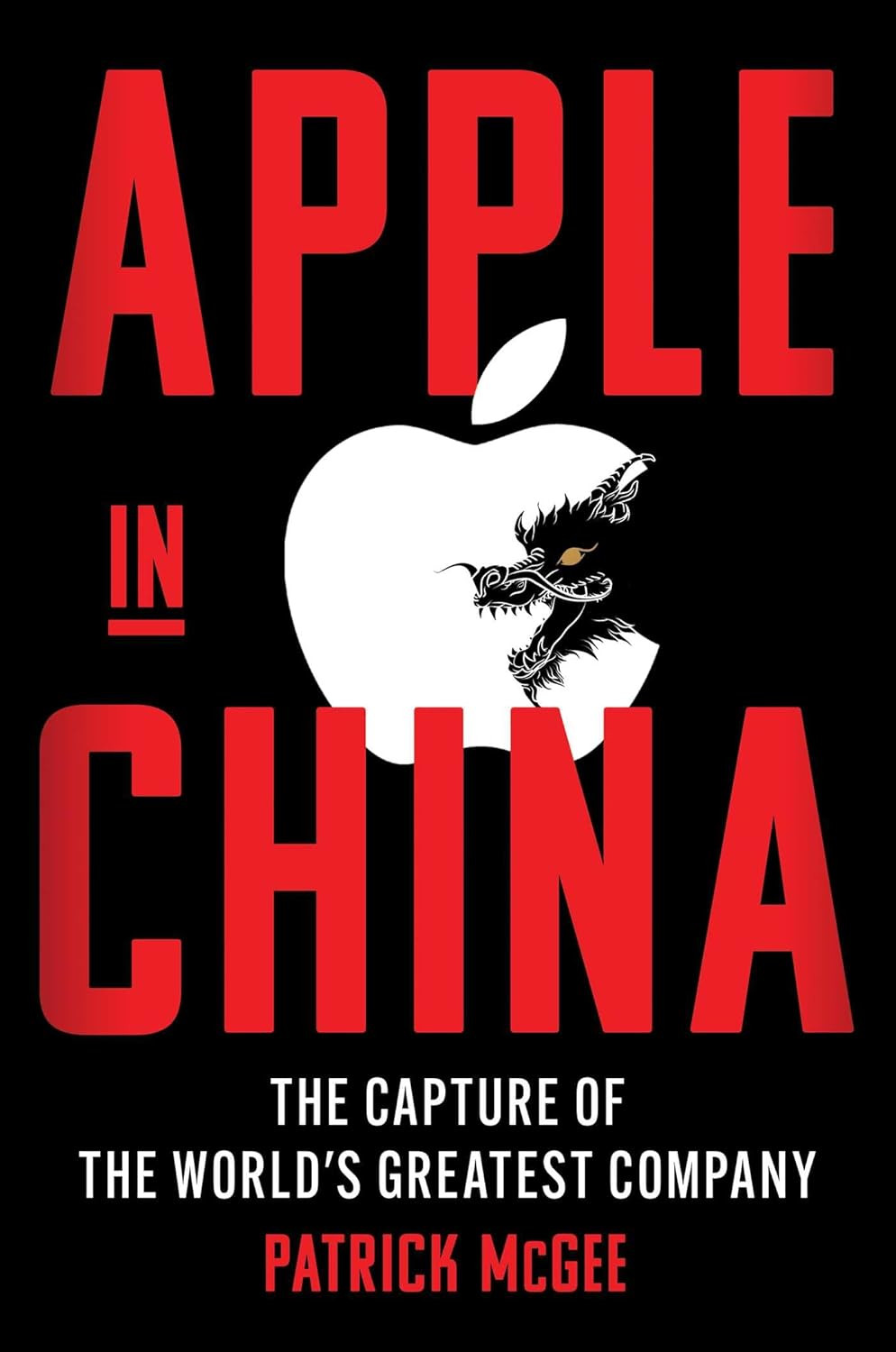A recent book takes a close look at Apple’s decades-long relationship with China, tracing how one of the world’s most influential companies became deeply enmeshed in the ambitions and realities of a rising superpower.
It begins in the late 1990s, when Apple shifted its manufacturing to China, initially to reduce costs. Over time, this evolved into a complex partnership. Apple poured billions into local infrastructure, training programs, and supplier development. In return, it gained access to unmatched speed, scale, and flexibility—capabilities that helped it dominate global markets.
But the relationship came at a price. Apple’s growing dependence on China gave the country leverage and strategic insight. Chinese companies once subcontracting for Apple grew into powerful competitors. Meanwhile, political pressures—on censorship, data control, and supply chain security—forced Apple to walk a delicate line.
The book doesn’t argue that Apple made the wrong choice, but rather that the relationship became something much larger and riskier than originally anticipated. It’s a story about ambition, compromise, and the unintended consequences of building too much of your future on someone else’s terms.
And yet, the conclusion is not to retreat. The reality is clear: if you’re serious about global scale—especially in hardware and manufacturing—you can’t afford to not be in China. But that presence must be strategic, informed, and well-advised.
The key takeaway is this: China is too important to avoid, and too complex to navigate alone. Success requires the right local partners, sharp strategy, and advisors who understand both the opportunity and the risk.
Can you afford not to be in China? Talk to us, we’ll help you succeed in China.
